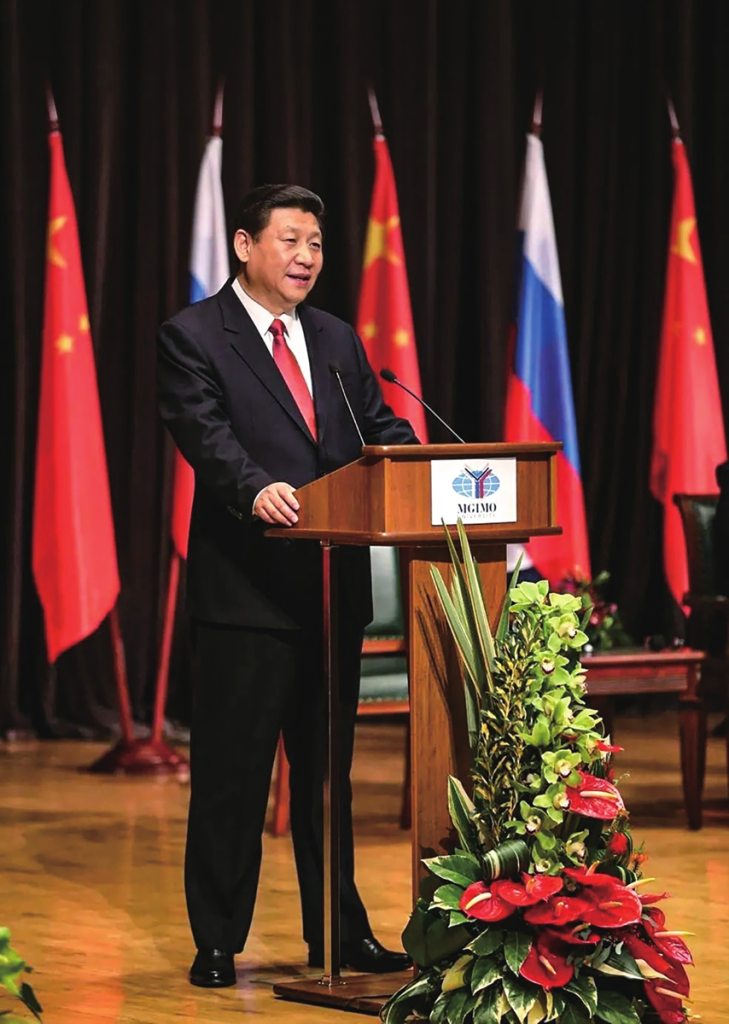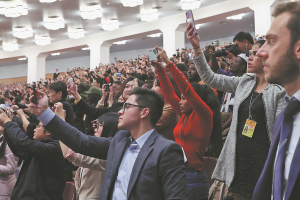Pakistani expert Shakeel Ahmad Ramay lauded Chinese President Xi Jinping’s concept of a community with a shared future for mankind as a comprehensive Chinese response to global challenges, in his recently published article “Community with a Shared Future.” This vision, he asserted, counters the divisive trend of civilizational clashes.

In the article, Ramay critiqued the Western hegemony, which imposes its governance, development, culture, and economic models on other nations, often penalizing those that resist conformity through sanctions and stifling their economic opportunities. Against this backdrop, China’s alternative vision promotes inclusivity and cooperation.
Ramy commended China’s vision of a community with a shared future for mankind, dubbed as a combination of scientific approach and Chinese wisdom.
“It refuted the idea of superiority and presented the vision of equality and equity, built on respect for diversity and cultures. It emphasised the mportance of diversity and its role in the development. There is no insistence on imitation of models of governance, democracy or economy. Rather, a community with a shared future furthers the role of an indigenised economy, governance and development model. It promotes the idea of resolving conflicts or disputes through dialogue and development,” he said.
Ramay also highlighted China’s commitment to translating this vision into action through its Five-Pillar Policy, encompassing the Belt and Road Initiative (BRI), Global Development Initiative (GDI), Global Security Initiative (GSI), Global Civilization Initiative (GCI), and Ecological Civilizations.
“The pillars have all the ingredients that can assist the world in solving contemporary challenges and chart a way for peaceful and cooperative coexistence,” he said.

